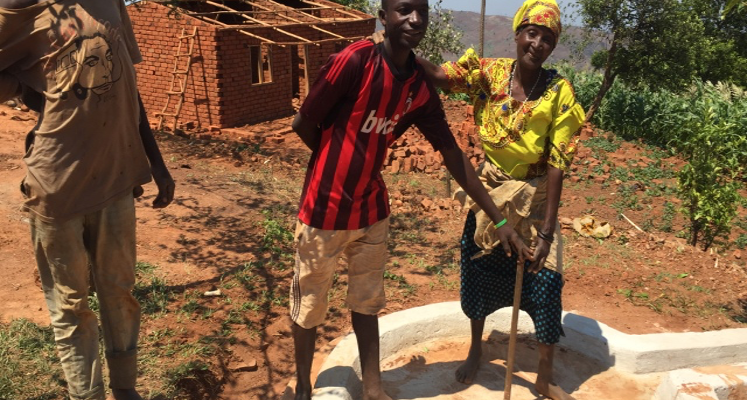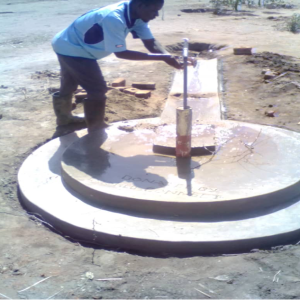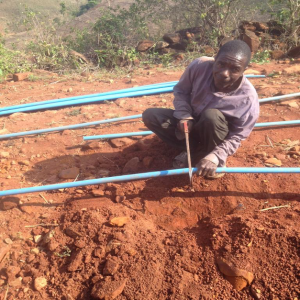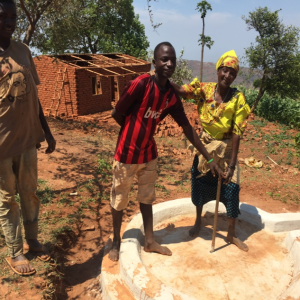Provision of Safe and Clean Water in Pwemphwe Community
Based on baseline research findings from Chipembere Community Development Organization (CCDO) in Pwemphwe community there was no any water point where people could get safe and clean water. As such women had to travel for about 2 KM to get water from river and dambo wells and the water was not safe for drinking. Despite drinking unsafe water which posed threat on people’s health, women were facing a great challenge with the distance to get the water and usually prepare their children for school very late. Carrying water from a distance of 2 KM, women could get home tired and not able to do equally important activities including farming which is a main economic activity in this community. Therefore lack of clean and safe water was not only affecting the people’s health but also their socio-economic life.
CCDO worked hand-in-hand with the local leaders and the project was sponsored by World Connect.
Due to the suffering, CCDO thought it would be a good idea to implement the water project in Pwemphwe community. The overall goal of the project was to give an easy access of safe and clean water to people in the community.
This project involved digging a pipeline from the river water source which was a distance of 2.5km to supply safe and clean water into Pwemphwe community comprising of six villages with a total population of 10,967 people. The pipelines passed through six villages where two water collection tanks were constructed and tap-water points properly erected in 10 designated places in all six villages which were: Pwemphwe, Nandolo, Mkhweliwa, Nampira, Kapota 2 and Kalinda in group village Nkhaka. Further, the project involved disinfecting the water with the help of the government initiative where the health surveillance assistants are annually tasked to distribute chlorine in every for water purification.
Hence, this project eased the burden of the Pwemphwe women who used to travel a very long distance to access water in rivers and dambo wells, since 10 water points in Pwemphwe community were constructed. The project enabled these women to have enough time to do farming and other developmental activities for a living since the water is now readily available at shortest distance possible. Also there are few cases of water-borne diseases in the community. All in all this helped in improving the people’s socio-economic lives.




